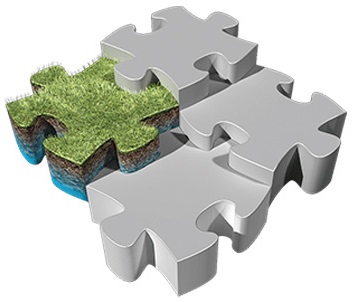Groundwater provides drinking water for over two billion people around the world and is essential for irrigating 40 per cent of the world’s crops, as well as supporting many other industrial uses. Despite this, it continues to be poorly understood, lacks effective management and is subject to significant pollution pressures. As a result, it has become an unsustainable resource in many areas of the world, even though the UN’s Sustainable Development Goals (SDGs) recognise water as being key to sustainable development. SDG 6 is to Ensure availability and sustainable management of water and sanitation for all. Water also underpins many of the other SDGs.
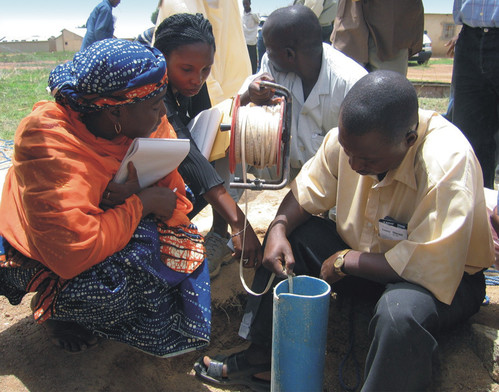
Evaluating the yield of a borehole at a BGS-run training course in Nigeria. © UKRI.
We have a long history of international groundwater research and developing tools for groundwater management. Our projects span a wide range of subject areas, reflecting our breadth of expertise and the range of issues facing many in the world. They include:
- mapping groundwater resources
- helping provide the tools and training needed to develop groundwater resources
- assessing and understanding natural groundwater quality issues and implications for health, such as fluoride and arsenic
- helping to monitor groundwater pollution and find ways to protect groundwater resources
- researching how groundwater resources are affected by droughts, changing land use and climate change
- working in interdisciplinary teams with socio-economists and political scientists to ensure that solutions are effective and sustainable
- collating and sharing data and information, e.g. Africa Groundwater Atlas
Some examples of our research are provided below but more can be found on our dedicated groundwater website.
Africa Groundwater Atlas and Literature Archive
The Africa Groundwater Atlas, compiled by the BGS, contains information of the hydrogeology of 51 African countries and provides links to a wider body of knowledge, including the Africa Groundwater Literature Archive. This archive is a searchable online database that catalogues nearly 7000 references for literature about groundwater in Africa, with thousands of links to free-to-download full text documents and abstracts.
The archive is funded by NERC’s UPGro research programme and the BGS National Capability programme.
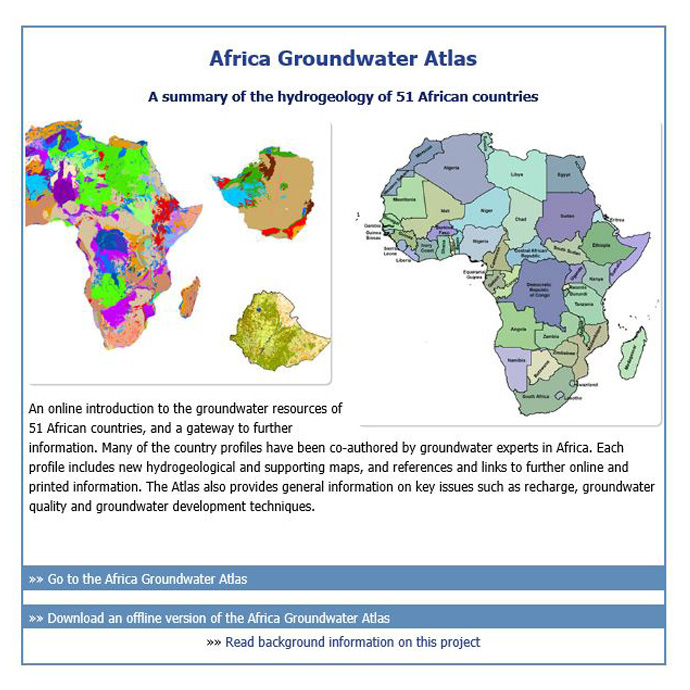
The front page for the Africa Groundwater Atlas. © BGS.
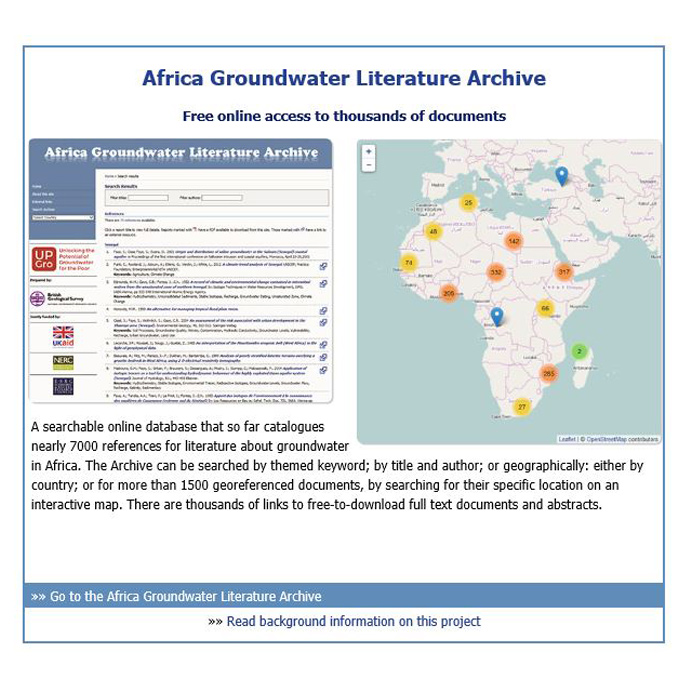
The front page for the Africa Groundwater Literature Archive. © BGS.
Groundwater and health
We have been working with the charity WaterAid to characterise the quality of groundwater in the 28 countries around the world in which WaterAid works. Understanding natural groundwater quality is just as important as investigating pollution, as some natural constituents in the water, such as arsenic, fluoride and molybdenum, can be toxic and a risk to health. In recognition of this, the World Health Organization (WHO) has set limits for drinking water for these and a wide range of other substances.
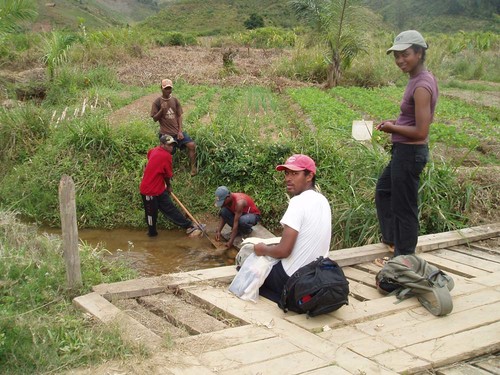
Water sampling in Madagascar. © BGS.
We produced a series of water quality factsheets for WaterAid by country and by element. These are used to inform the siting of new boreholes and water supplies to minimise the risk to health and highlight where there might be health concerns from existing drinking water sources.
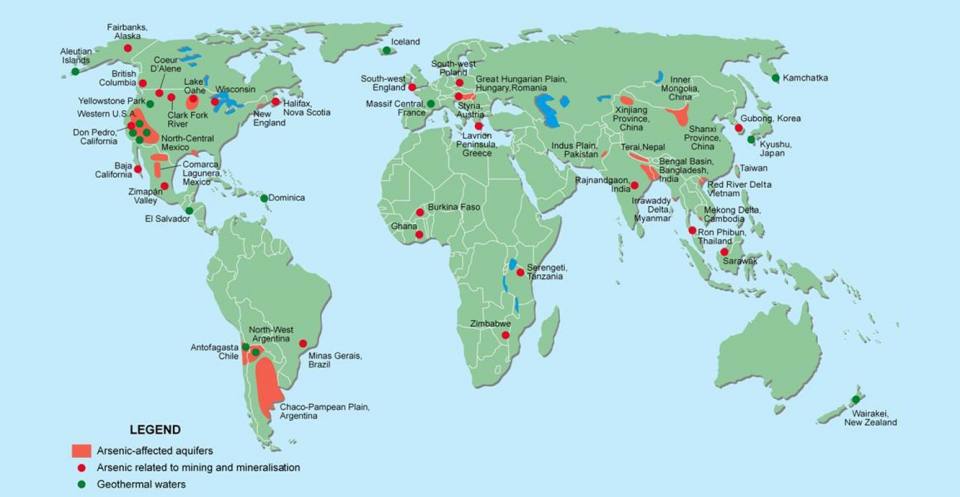
Documented problems with arsenic in groundwater (Smedley and Kinniburgh, 2013).
Smedley, P L. 2008. Sources and distribution of arsenic in groundwater and aquifers. In Arsenic in Groundwater: A World Problem. Appelo, T (editor). International Association of Hydrogeologists Publication 5, 4–32. (Utrecht, Netherlands: IAH.)
Contact
If you want to discover more then please contact Alan MacDonald.
Relative topics
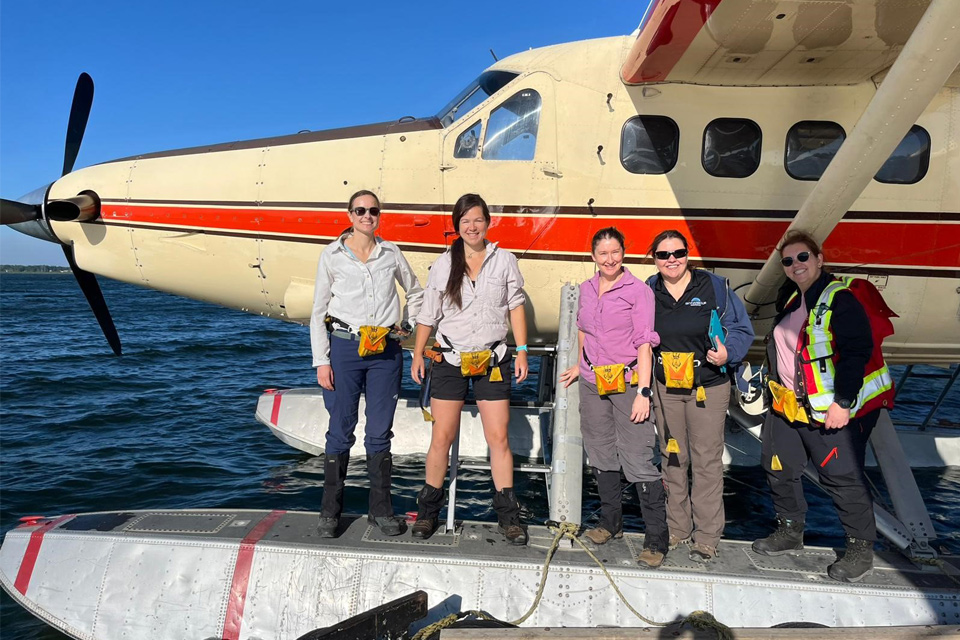
Funding awarded to UK/Canadian critical mineral research projects
08/07/2025
BGS is part of a groundbreaking science partnership aiming to improve critical minerals mining and supply chains.
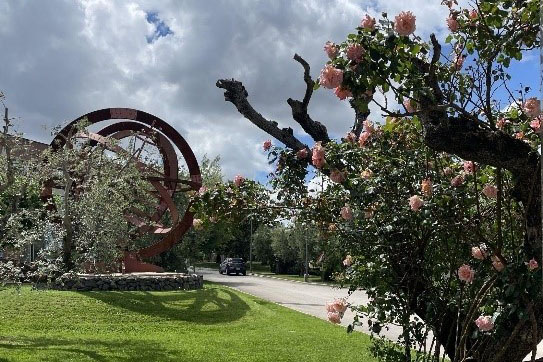
AI and Earth observation: BGS visits the European Space Agency
02/07/2025
The newest artificial intelligence for earth science: how ESA and NASA are using AI to understand our planet.
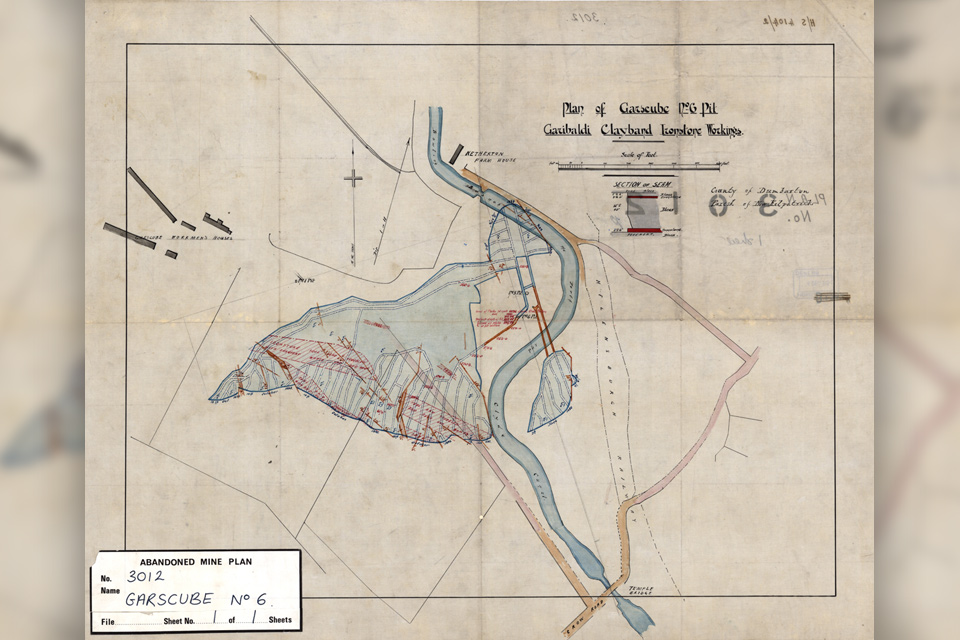
Release of over 500 Scottish abandoned-mine plans
24/06/2025
The historical plans cover non-coal mines that were abandoned pre-1980 and are available through BGS’s plans viewer.
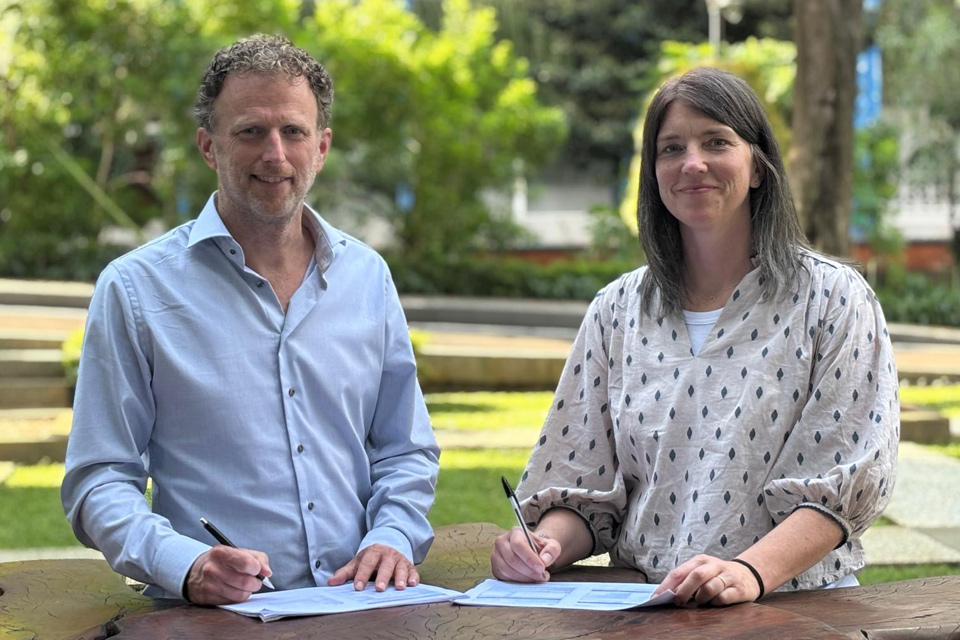
New collaboration aims to improve availability of real-time hazard impact data
19/06/2025
BGS has signed a memorandum of understanding with FloodTags to collaborate on the use of large language models to improve real-time monitoring of geological hazards and their impacts.
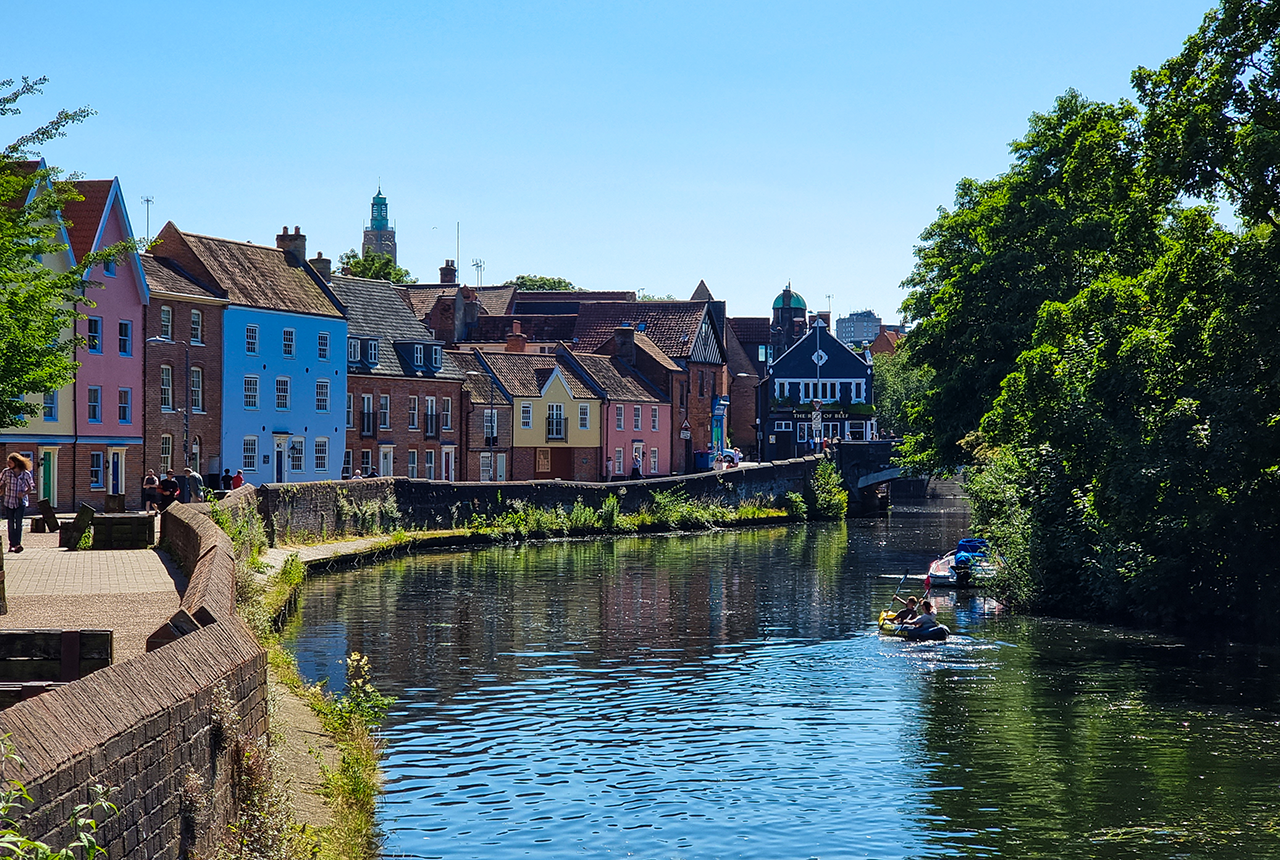
Modern pesticides found in UK rivers could pose risk to aquatic life
17/06/2025
New research shows that modern pesticides used in agriculture and veterinary medicines have been found for the first time in English rivers.

Goldilocks zones: ‘geological super regions’ set to drive annual £40 billion investment in jobs and economic growth
10/06/2025
Eight UK regions identified as ‘just right’ in terms of geological conditions to drive the country’s net zero energy ambitions.
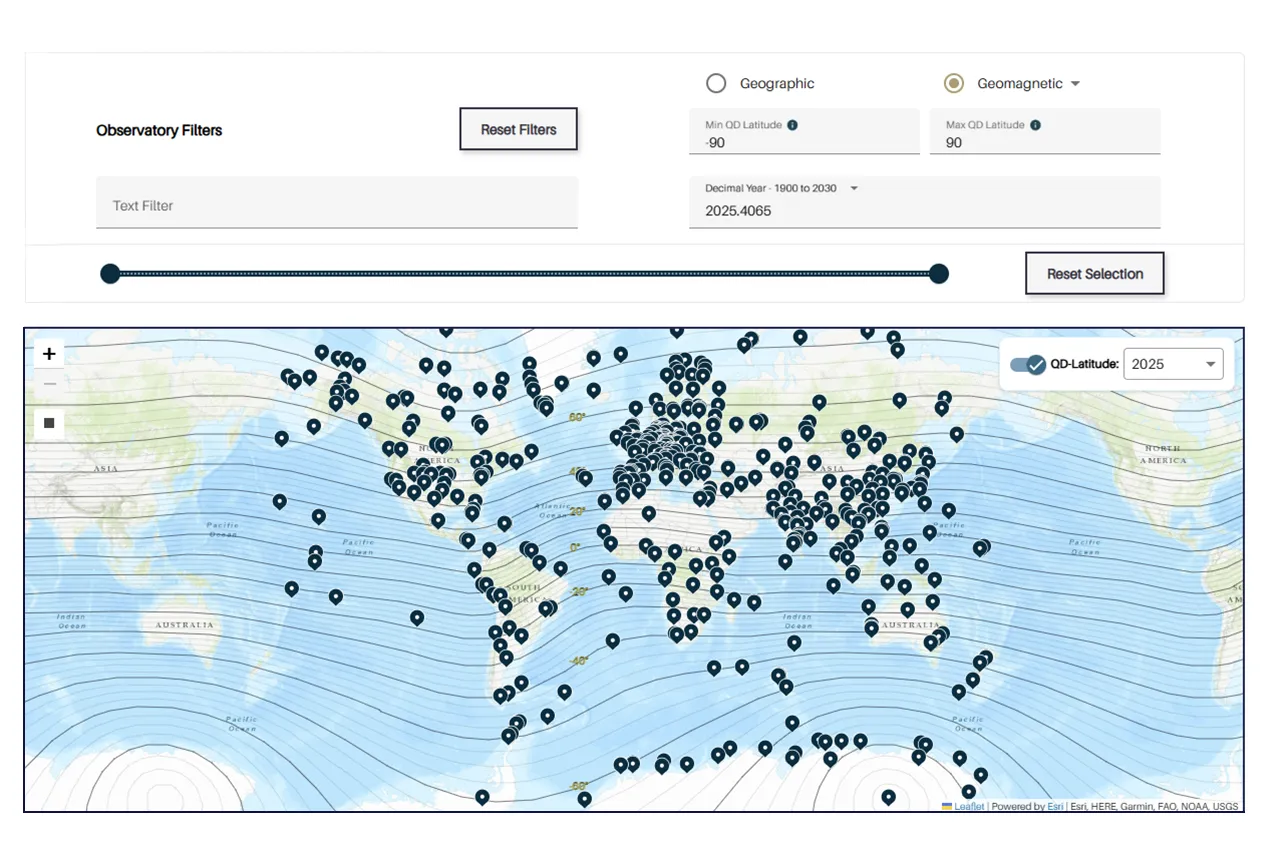
Upgraded web portal improves access to geomagnetism data
02/06/2025
BGS’s geomagnetism portal, which holds data for over 570 observatories across the world, has received a significant update.

BGS digital geology maps: we want your feedback
29/05/2025
BGS is asking for user feedback on its digital geological map datasets to improve data content and delivery.

What is the impact of drought on temperate soils?
22/05/2025
A new BGS review pulls together key information on the impact of drought on temperate soils and the further research needed to fully understand it.
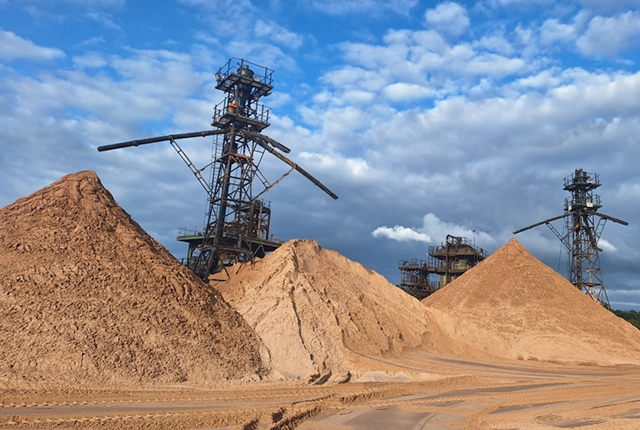
UK Minerals Yearbook 2024 released
21/05/2025
The annual publication provides essential information about the production, consumption and trade of UK minerals up to 2024.

BGS scientists join international expedition off the coast of New England
20/05/2025
Latest IODP research project investigates freshened water under the ocean floor.
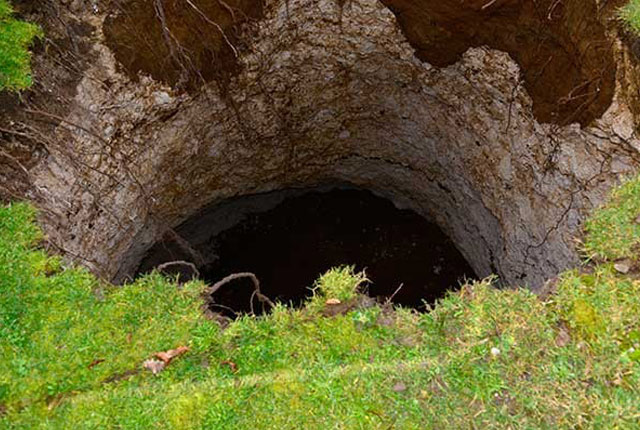
What causes sinkholes and where do they occur in the UK?
There are several different types of sinkhole. Some result from the surface dissolution of soluble rock such as limestones.
You may also be interested in

Africa Groundwater Atlas
The Africa Groundwater Atlas is an online resource providing an introduction to the groundwater resources of 51 African countries, and a gateway to further information.
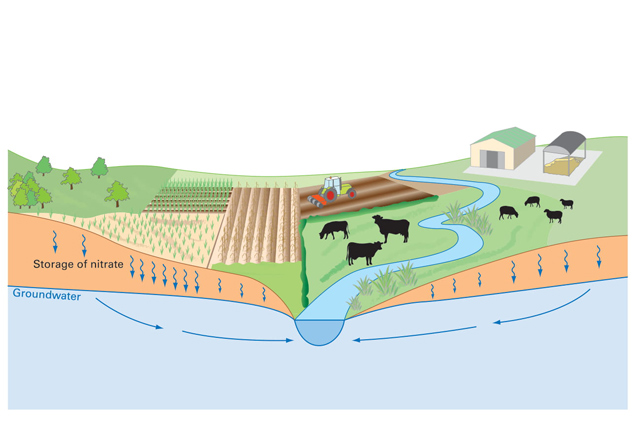
Nitrate time bomb
Nitrate leaching from soils can have negative effects ecosystems and human health.
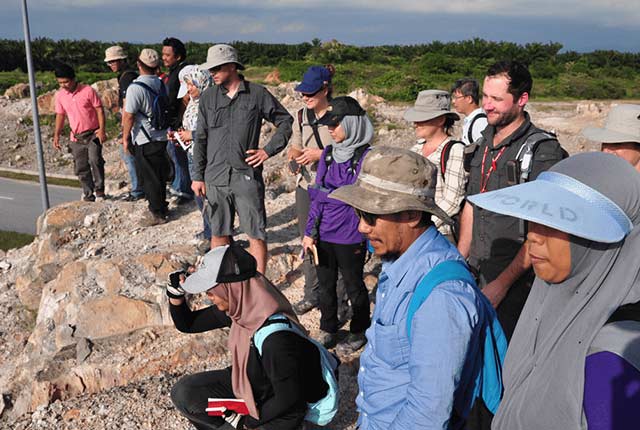
Resilience of Asian cities
Our research aims to improve city resilience by integrating geology into urban subsurface planning and urban-catchment science in India and south-east Asia
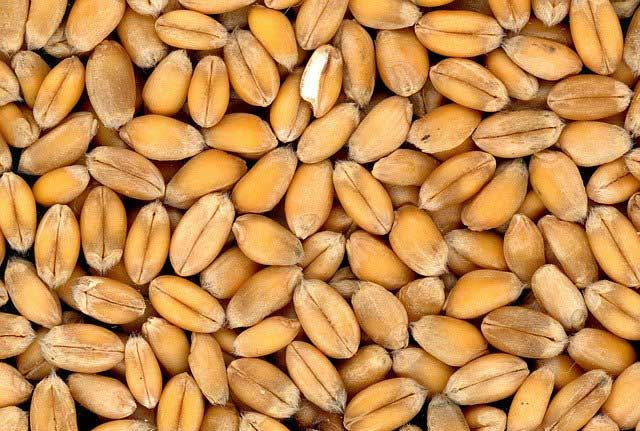
Groundwater challenges in India and Pakistan
We are reconstructing a century of groundwater level records in order to understand the long-term behaviour of groundwater in north-west India and Punjab in Eastern Pakistan.
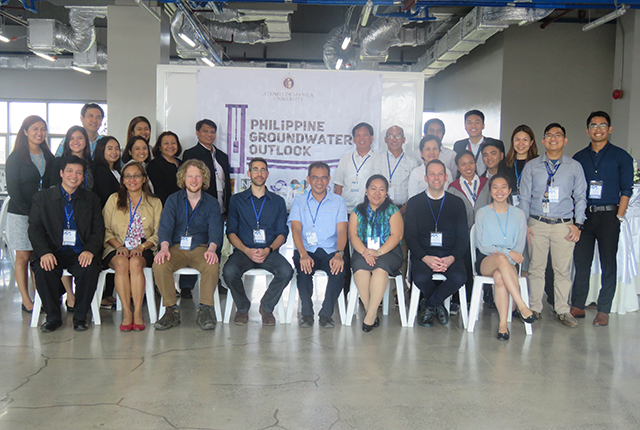
Philippine groundwater outlook
The PhiGO project seeks to undertake assessments of population and climate change impacts on regional groundwater resources and translate these into usable forecasts of flood and drought risk.




